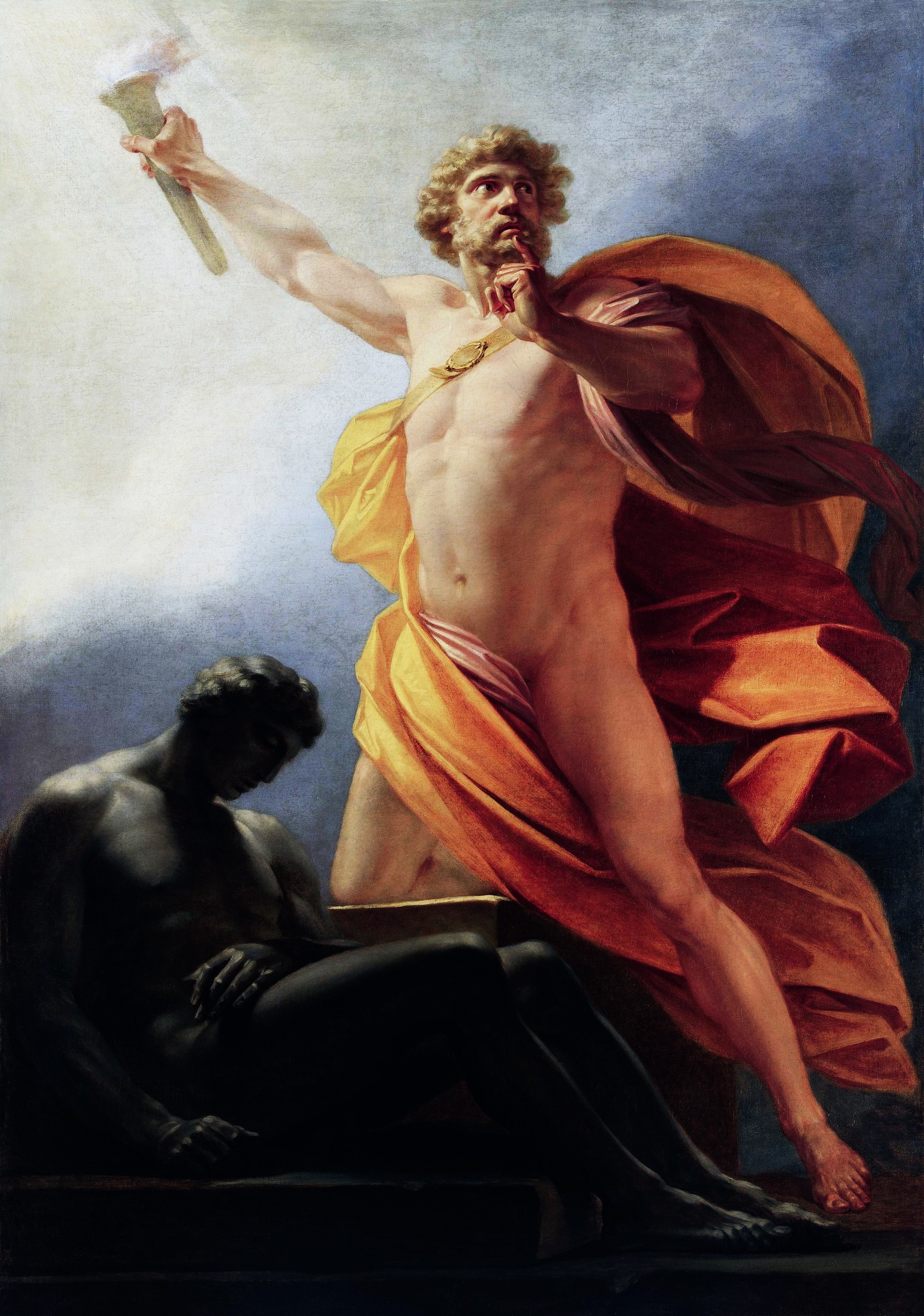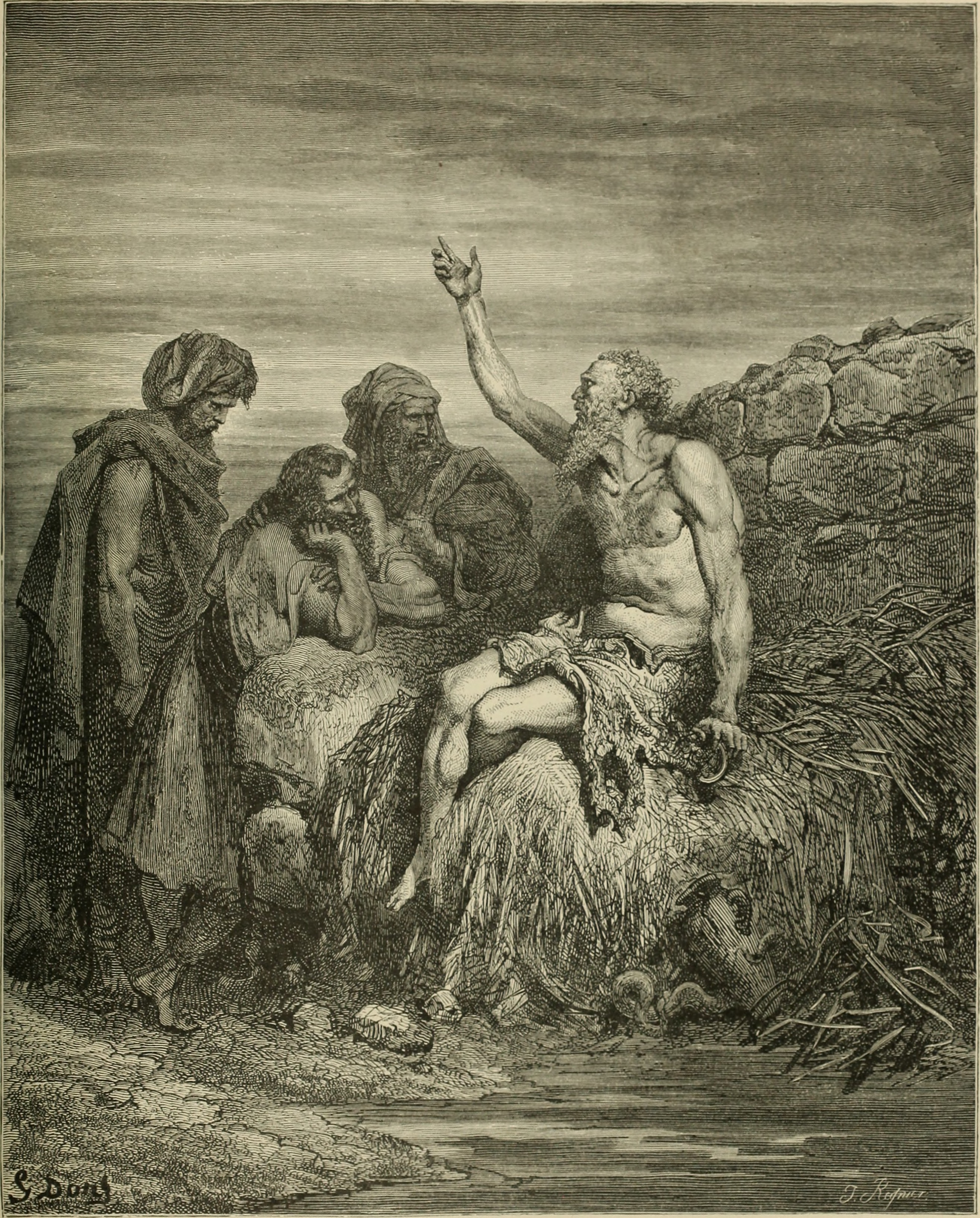I always love these books that try to recreate the world out of which an idea arose. No matter how significant I am told a thought is, it seems unimportant until I can see the people who came up with it, how it affected them and why they needed it in their lives. Isaiah Berlin’s Russian Thinkers or The Women Are Up to Something by Benjamin Lipscomb, which I read last year, or Ray Monk’s biography of Wittgenstein, are all such books. Andrea Wulf’s Magnificent Rebels, which deals with the thinkers surrounding the University of Jena in Germany around the beginning of the 19th century, is yet another. What distinguishes Wulf’s contribution is that it also has a lot in common with the works of Richard Holmes, whose “Glorious” naturally adorns the dustjacket. By this, I mean that Wulf’s book is as much a story as it is an engagement with the ideas. Yet Wulf’s attempt to craft all this into a story is both Magnificent Rebels’ strength and its weakness.
The story takes us from 1794 to 1806, with a prologue and an epilogue to tidy things up. A short time period, but veritable anni mirabiles for the arts, philosophy, and world. In the tiny town of Jena, almost everyone worth knowing in German culture was gathered together, at a time when the German people were about to make earth-shattering contributions to the world after so many centuries of doing very little (the exception being Immanuel Kant in Königsberg, who helped set the stage). Goethe, Schiller, Novalis and Tieck represented poetry and prose, then there were the Schlegel brothers and Fichte and Schelling and finally Hegel for philosophy and theory. Wulf also draws our attention to the women – in particular, Dorothea Veit-Schlegel and Caroline Böhmer-Schlegel-Schelling. They were every bit as important in theorising – and writing – as their husbands, and Magnificent Rebels helps put them back in the intellectual arena.
These names listed above are the foundational figures in Romanticism. Yes, Wordsworth and Coleridge published Lyrical Ballads in 1798, but here we have the heavy stuff, the theory and the ideas that gave German – and later European Romanticism – its intellectual heft. (Coleridge, we learn, never made it to Jena, but he still stole verbatim an awful lot of Schelling and was instrumental, alongside Carlyle, in popularising German thought in the Anglophone world). We have the idealisation of love, the obsession with the infinite, nature, experience and the importance of the self which all came ultimately to characterise Romanticism, such as any of us may be able to put our fingers on what it actually means.
Wulf’s primary intellectual contention is that these guys helped place the individual at the centre of the world for the first time. The philosopher Fichte, in particular, declared that you must “attend to yourself; turn your eye away from all that surrounds you and in towards your own inner self. Such is the first demand that Philosophy imposes upon the student. We speak of nothing that is outside you, but solely of yourself.” Wulf uses the historical context to explain how revolutionary this was. At the time, in the German states one needed permission from the ruler to divorce, and often to travel too. Not just women, but even men were heavily restricted in their individual autonomy. The philosophers of Magnificent Rebels, so we learn, set off a chain reaction of self-centredness (in good ways and bad) whose ramifications are still being felt to this day.
So why Jena? Jena was a small town, but its university became famous in this brief period because it was perhaps the best place in Germany for freethinkers. The reason for this was that it was a prime example of the dysfunctional governance that characterised much of “Voltaire’s Nightmare” – the Holy Roman Empire. Jena’s university was governed, at the same time, by the rulers of the four Saxon states – Saxe-Weimar, Saxe-Coburg-Saalfeld, Saxe-Gotha-Altenburg and Saxe-Meiningen. As you can imagine, this meant that nobody could agree on the rules and those that were agreed upon were practically impossible to enforce. This was one factor.
The second factor was friendship. Magnificent Rebels is to a large extent a paean to the power of friendship to achieve massive leaps forward in any area where friends strive together. Everyone invited their friends and relatives so that even if someone did not have a teaching position at the university at Jena, they still had plenty of good reasons to be there. In the evenings all these clever people got together and drank and thought and read – what Novalis called “symphilosophising” because, like a symphony, it was a group activity. Everyone built atop the other. Fichte built atop Kant’s philosophy, then Schelling atop Fichte, and Hegel atop them both, so that by the time the book ends it is no longer possible for any of the philosophy described to be comprehended by a normal human being such as your humble reviewer.
Friendship builds a wonderful thing, and then the ideal begins to fall apart for the same reason. Where we could perhaps have had twenty or thirty years of greatness, personalities get in the way. Fichte gets himself kicked out of the university for not knowing when to shut up, Schiller gets offended the entire time and loses all his friends but Goethe, Friedrich Schlegel is unable to do anything that would make him money and is far too combative for his own good. Novalis and then Schiller are killed by disease, and August Wilhelm Schlegel and Caroline divorce. Everything and everyone break up, and then the French invade and ransack the town and that really puts the nail in Jena’s coffin.
Wulf’s story takes us through all of these characters’ lives, although with so many of them to meet, we cannot get too close to them. We get a rough idea of what they were each about, but not as much as I would have liked. I got the impression that Wulf was herself defeated by some of Schelling and Fichte’s notorious twaddle, which is fair enough. I learned that Goethe was fat and Schiller was always ill. The main thing that Wulf does in Magnificent Rebels is deal with their interconnections. How their relationships with one another changed over the years, through feuds and fights. We feel ourselves caught up in this whirlwind of creativity, and that’s probably the book’s best quality.
More than the reorientation towards the individual, Magnificent Rebels details the ideas that the early Romantics threw down that taken together hint towards what Romanticism as a whole might mean. We get Fichte’s self-centredness, “My will alone… shall float audaciously and boldly over the wreckage of the universe”, Friedrich Schlegel’s emphasis on the importance of words, “the letter is the true magic word”, and Novalis’s legendary definition: “By giving the commonplace a higher meaning, by making the ordinary look mysterious, by granting to what is known the dignity of the unknown and imparting to the finite a shimmer of the infinite, I romanticise”.
Nowadays we tend to think of Romanticism as slightly dangerous in its irrational tendencies. This isn’t entirely borne out in the book. It is holistic rather than anti-rational, though often its thinkers’ desire to make everything pulsing and interconnected went up against what the scientists were telling them. It was only growing old and the French armies that turned many of these theorists from dreamy, passionate believers in a new world into much darker figures of reaction and nationalism. If Wulf’s book has a message for us today, it is that the Romantics of Jena changed our world, but their gifts are ours to use or misuse. They liberated us by freeing our sense of self from being the exclusive possession of a monarch. But they also made possible the terrible self-centeredness and materialism that are destroying this liberated world. Reflection, the turn inwards, is a thing that needs to be learned again and again, by successive generations, and Magnificent Rebels is of clear value beyond teaching us history because it helps us do just that.
For me, the main thing I got out of the book was this sense of collaboration and its power. This year I held a little gathering of my own at my family’s home in Switzerland. For just over a week, I and several friends were treated, under the watchful eyes and extremely talented housekeeping of my girlfriend, to brilliant food and equally sparkling conversation. Each day we walked upon the forested mountains, or bathed in mountain lakes, or reached the foot of the glaciers. It was, in a word, divine. One evening I stood outside with a friend and discussed the intricacies of interpreting ancient biblical texts – he is studying Ancient Hebrew in Israel – on another day, we discussed the development of atonal music in a mountain restaurant. I can think of nothing better.
What is obvious to me is just how much I grow when I am surrounded by good company. However much I am grateful to books like this, and the voices of the dead that they contain, the real world is all that much more rewarding. There is no passion that fully withstands the cooling of its ink upon the page. Yet where could I find another Jena? I was at Cambridge, of course. There are quite a lot of clever people there. But now I am no longer there; the world has swallowed me up. Still, one mustn’t lose heart. Many of the figures who flit through Magnificent Rebels spent only a few years in Jena before having to leave, and still they left their mark upon their friends and the world. Life is long, making friends is hard, but one day, we may hope, we shall each of us have our Jena.



